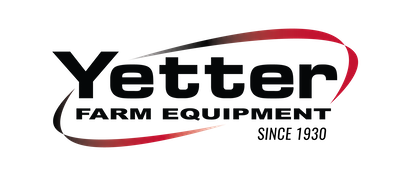“With climate change, we never give up planting a regular crop. We used to, but now the falls are so warm and summer-like that I can plant in August and grow a crop of soybeans. It’s unbelievable.”
— Ray McCormick, No-Till Living Legend & 2024 Conservation Ag Operator Fellow, Vincennes, Ind.
No-Till Living Legend Ray McCormick never abandons replanting a crop. Even after a summer flood, all the farmers in his area of southwest Indiana will rush back into the fields to plant the high spots and then lower spots.
In today’s episode of the podcast, brought to you by Yetter Farm Equipment, McCormick, No-Till Farmer’s 2024 Conservation Ag Operator Fellow, takes contributing writer Michaela Paukner out crop scouting after a mid-May storm that dumped 5 inches of rain in less than 24 hours.
Related Content
- [Video] Downstream Impact of Tillage on No-Till Fields
- [Video] 5 Inches of Rain Infiltrate Cover Crops in Less Than 24 Hours
- ‘It’s All About Saving the Planet’: No-Till Living Legend Takes Care of Land at All Costs
No-Till Farmer's podcast series is brought to you by Yetter Farm Equipment.
Yetter Farm Equipment has been providing farmers with residue management, fertilizer placement, and seedbed preparation solutions since 1930. Today, Yetter equipment is your answer for success in the face of ever-changing production agriculture challenges. Yetter offers a full lineup of planter attachments designed to perform in varying planting conditions, multiple options for precision fertilizer placement, strip-till units, and stalk rollers for your combine. Yetter products maximize your inputs, save you time, and deliver return on your investment. Visit them at yetterco.com.
Full Transcript Coming Soon














Post a comment
Report Abusive Comment